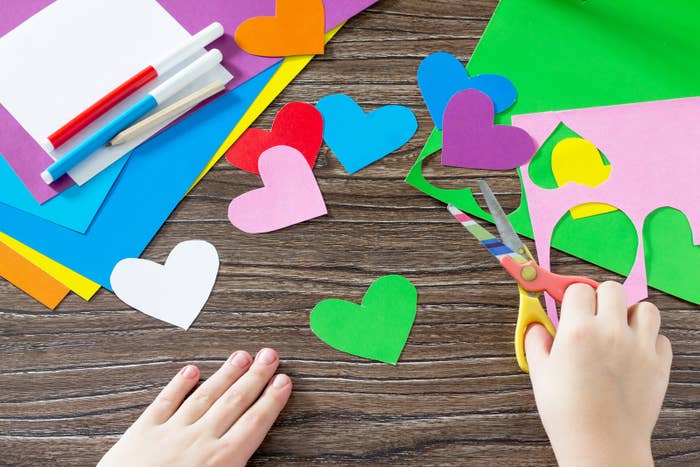
When Patrick*, a nine-year-old boy from regional South Australia, was ready to give up his dummy as a toddler, his parents performed a "magic trick" to make it disappear. In its place, they left a Barbie doll.
Patrick, who had been attracted to all that was "glamorous, sparkly and bright" from a young age, was delighted.
He often dressed up in fairy and princess outfits, drawn to the bright colours, bows and frilly bits. As he got older, he wore the costumes less frequently, and his interests shifted to include nail designs, hairstyles, dancing and gymnastics.
Patrick has two brothers; they don't share his love for fashion or Barbies. His mother, Charlotte*, told BuzzFeed News she and her husband had "never ever" worried about their much-loved middle child's interests.
"My husband and I have always said, if he wants a Barbie for Christmas, he can have a Barbie. If he wants a fairy party instead of a pirate party, that's fine. We just let him be who he is."
Patrick is one of many kids across Australia who received assistance from the Safe Schools Coalition (SSC), an anti-bullying program focused on helping LGBTI kids.
Funding for the federal program ends in South Australia and New South Wales today, and will cease in October for the Northern Territory, Queensland, Tasmania and Western Australia.
The SSC began in 2014 as a bipartisan venture to help LGBTI kids in school. It went all but unnoticed until early 2016, when conservative media outlets and politicians hitched themselves to a campaign by right wing Christian lobby groups against the program.
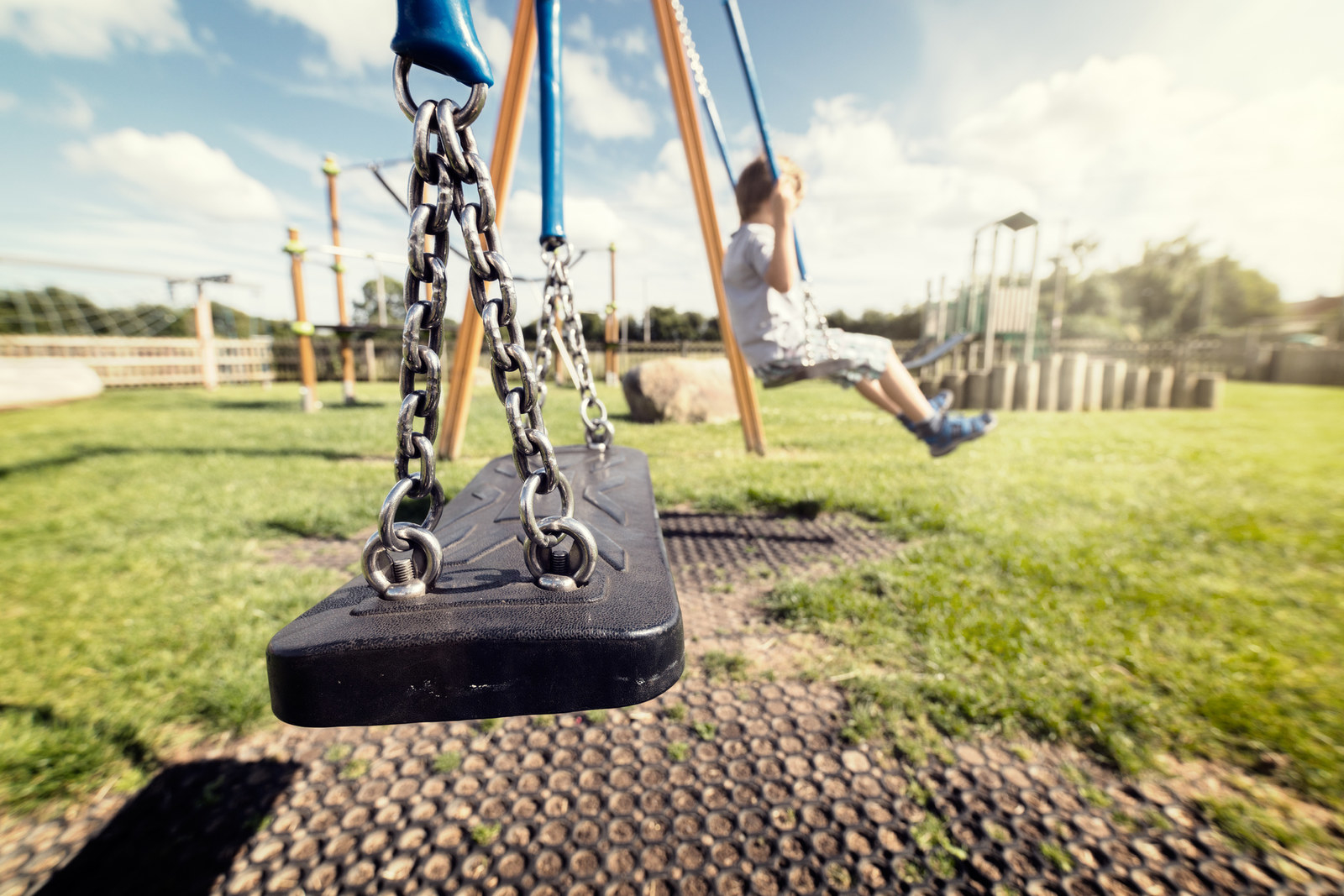
Significant controversy followed. The government commissioned a review of the SSC and implemented some changes, but its critics weren't satisfied. Furious argument over the program and its merits - or lack thereof - raged in the media and the parliament for much of 2016.
As Patrick got older and moved through the world, his parents were faced with a hard truth: their acceptance alone was not enough to keep him confident in his own skin.
"As he turned seven, eight, he started to become far more self-conscious," Charlotte said. "And of course all his peers became more conscious of each other as well. He all of a sudden realised he was quite different to all the other boys."
Patrick was teased, and sometimes excluded from the group of girls he played with for being a boy. He became anxious and withdrawn, and struggled to sleep.
"I felt really helpless," Charlotte said, recalling moments in 2016. "It just broke my heart that he felt that he wasn’t normal, that he couldn’t be accepted for who he was. He said things like, 'I don’t think I want to be alive, Mum'. He told me he wanted to kill himself."
Patrick's parents sought professional help for their son. They starting taking him to a psychologist and also contacted Shine SA, a sexual health agency, which put the family in touch with the South Australian branch of the SSC.
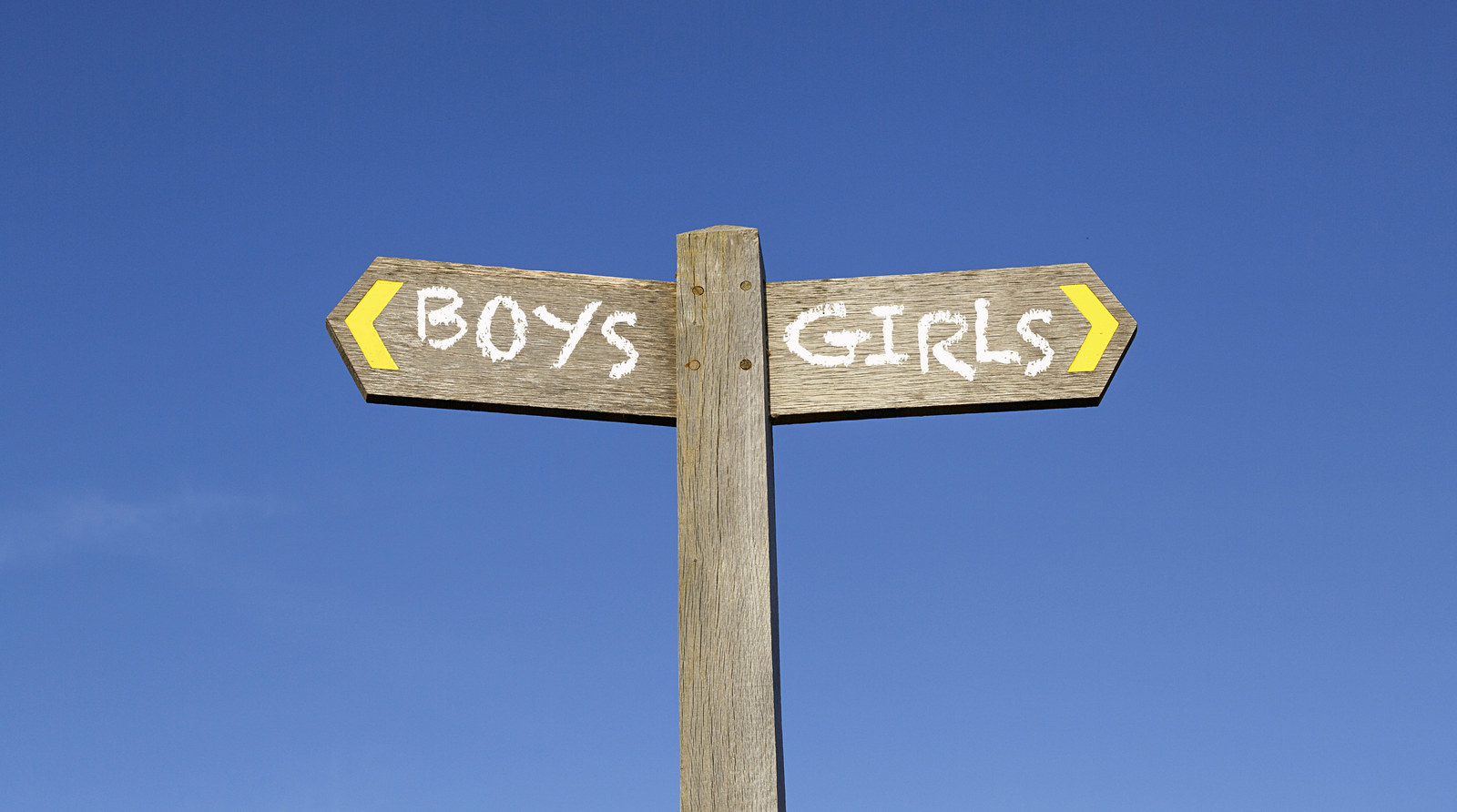
In recent months, some states have announced they will pick up the federal mantle and continue to fund the SSC. Others will introduce their own iteration – for example, the SA government will run a new program through Shine SA.
Nicole*, mother of 13-year-old Rebecca*, was one of the first parents in South Australia to discover the SSC. In 2014, just before Rebecca transitioned and changed schools, Nicole was madly googling to find anything to help her daughter.
Nicole passed on details about SSC to Rebecca's new school, and an SSC staff member helped with logistics and personal support – from advising on Rebecca's legal name change, to coming in to meet with Rebecca and school staff to ease her fears about what will happen if the other kids find out she is trans.
The SSC also provided professional development training to the teachers at Rebecca's school. This teacher training was the central focus of the national SSC, and the program will leave over 17,000 teachers across the nation trained in how to teach and support LGBTI students in its wake.
Despite the negativity surrounding the SSC, and the end to federal funding, Nicole is positive about its legacy.
"Even though the funding might have stopped in terms of federal, the work they have done has taken on its own life," she said. "It's raised awareness, kids are aware, teachers are aware."
For Rebecca, the SSC made her transition "a lot less frightening".
She explained the difference between her life pre- and post-transition like this: "What’s different now is that I feel like I am able to like the things that I like. I'm able to be comfortable in the body that I’m in, and I’m also able to think and do other things. My mind’s not blocked up with other stuff."
Rebecca, who sings and plays piano and guitar, said she was excited to be recently accepted into a high school with a highly regarded music program for next year.
The school is a Safe Schools Coalition member, and teachers have undergone the training. Rebecca and her family didn't consider high schools that hadn't signed up.
The switch to high school can be tremendously stressful for transgender kids – but Rebecca is feeling great. During a visit to her school-to-be, she saw something that most kids would glance at and forget, but for Rebecca, it was a vital signal that she would be OK.
"When I was looking around on the tour they had a Safe Schools poster stating that transphobia would not be accepted," she said.
"It made me feel safe and happy and calm."
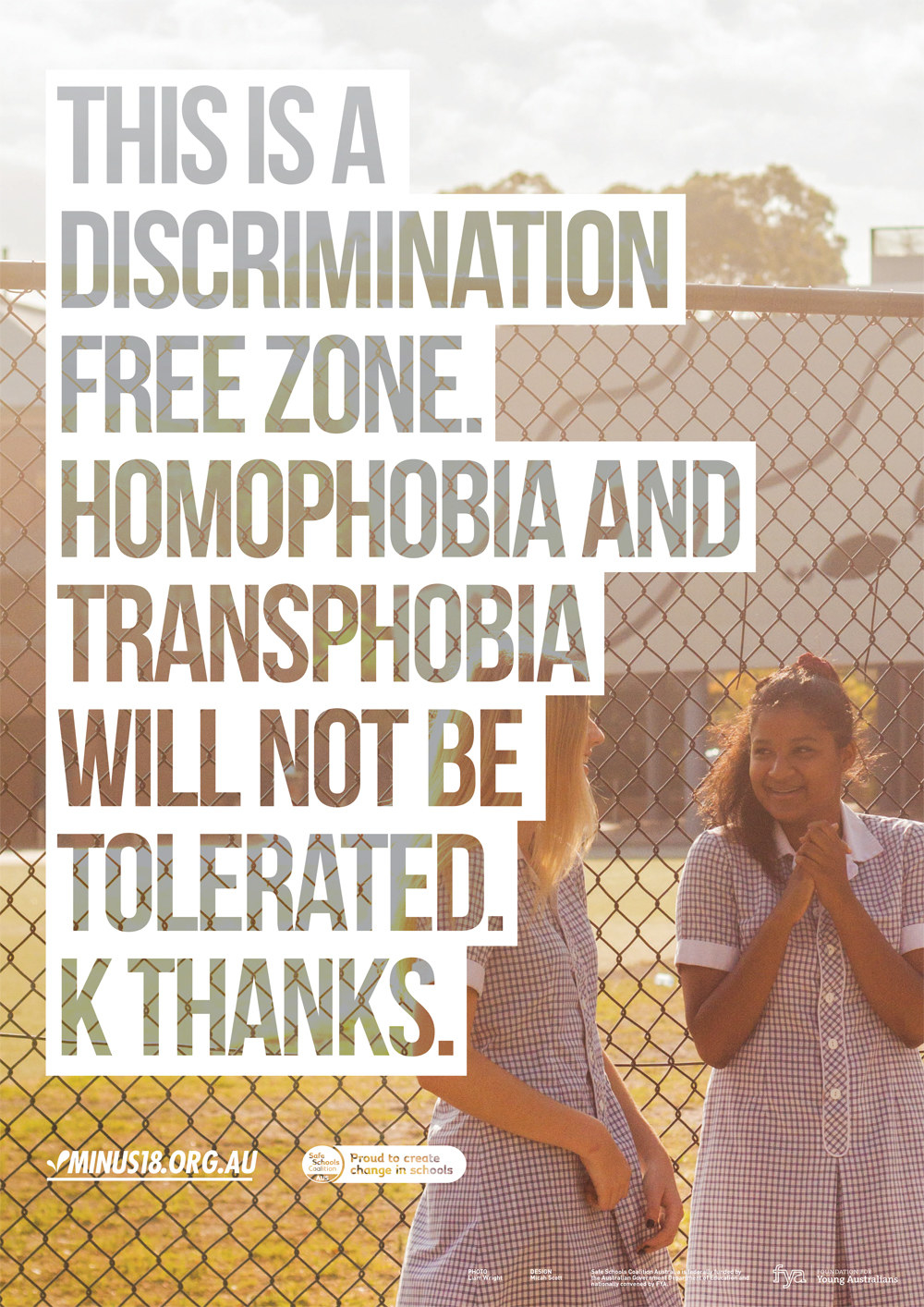
Sam Platten is the mother of a six-year-old transgender son and the secretary of the GDAY Foundation, a group for trans and gender diverse children and their families in SA.
She said that all of the families in her group would have missed the SSC greatly had it been withdrawn in SA altogether.
"Even with this connection [through GDAY] to many other families on similar journeys, I still feel the need for ‘professional’ help from time to time, to address certain topics, and I understand our school appreciates the same support."
Platten added that she was "very grateful" for the SSC's help throughout her son's transition.
"We would not have had the knowledge or emotional strength to face these discussions alone to achieve such a great outcome for our child’s schooling experience," she said.
"We were lucky – I struggle to think of the families who are faced with less inclusive school environments, trying to navigate this journey for their children on their own, without support."
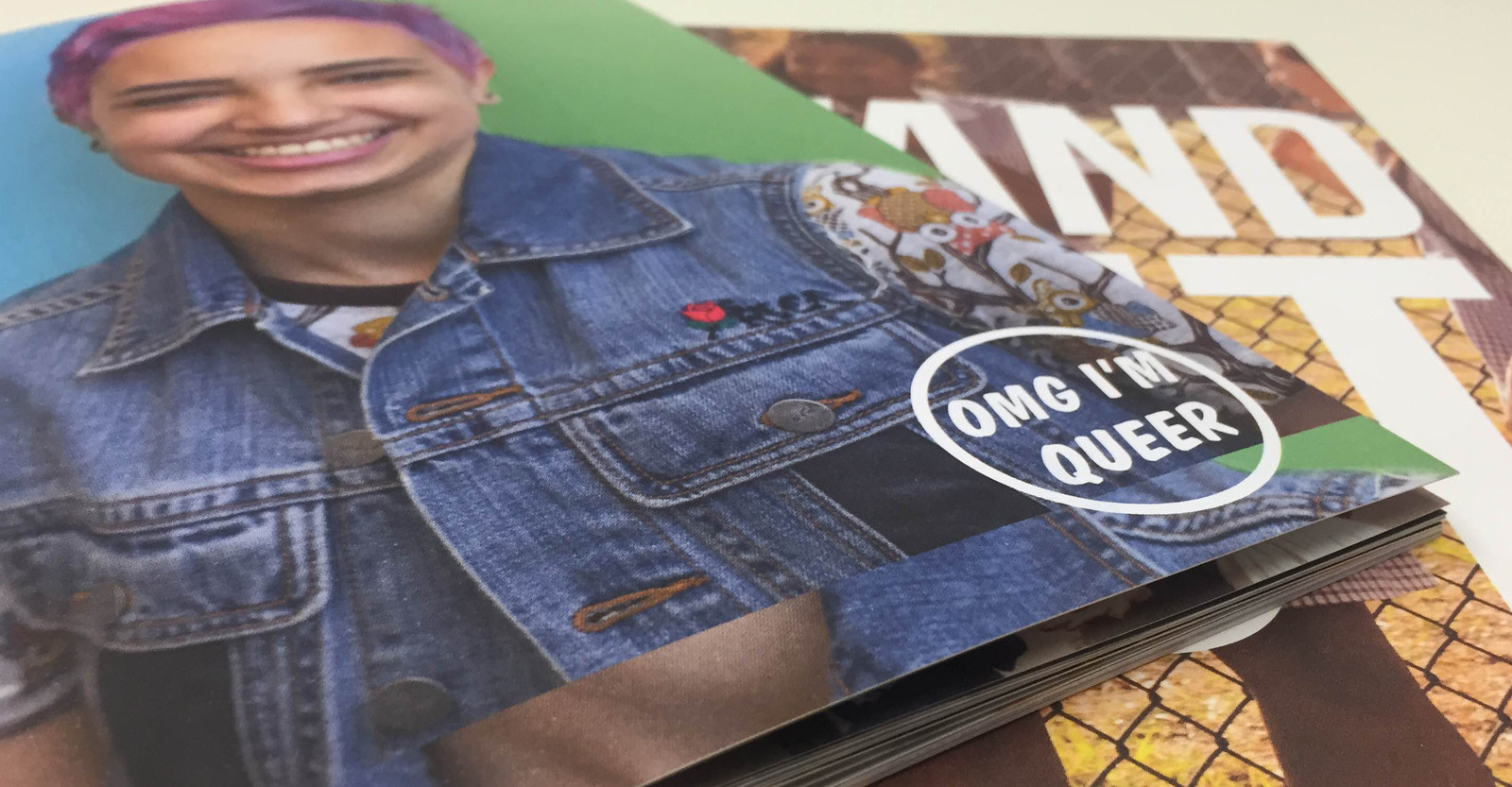
After Patrick's parents got in touch with the SCC, things began to improve.
The SSC representative put them in touch with support groups and other families going through the same thing, and everyone worked "to help Patrick realise he was really normal, and it was perfectly fine to be who he was".
Patrick, his parents and his psychologist don't think he is transgender. As Charlotte puts it, he is "gender diverse" or "gender creative".
Charlotte and her husband also asked Patrick's school to run an SSC teacher training, and the principal agreed. They wrote a letter about Patrick for teachers to read and consider at the training session. It starts by telling the story about the dummy, and Barbie, and explaining Patrick's love for dressing up.
"We have found that many people feel awkward or confronted by Patrick because he doesn’t fit the ‘normal’ boy mould. Some have offered misguided advice suggesting that he will grow out of it, but it is obvious to us that this is who Patrick is."
The letter also talked about how segregating kids by gender, or marking certain toys and clothes for boys or girls, can be hurtful for a kid like Patrick.
"What is thought of as innocent communication can confuse and cause anxiety, for example when a class is asked to divide into ‘boys’ and ‘girls’ it is not easy for Patrick to see which group he fits in. At home we try to use inclusive language – a toy is just a toy, clothes are just clothes regardless of whether it is a pair of shorts or a dress, colours are just colours, we do not prefix with girls or boys.
"We dearly love the ‘sparkly rainbow’ that Patrick brings into our family, what he has taught us and continues to teach us about acceptance, and having the courage to truly be yourself."
After the teacher training, Patrick's school life improved dramatically. Both Patrick's teachers this year are "extremely supportive" and the Safe Schools training has changed things in the classroom.
"There's no more dividing up by male and female," Charlotte said. "When they ran SRC [student representative council] elections this year, they didn’t do a boy and girl election, they just said ‘Let’s elect the best two people’."
"It's small things like that, but it’s made a massive difference to how comfortable Patrick is at school."
Most importantly, Patrick is well and truly back on track.
"He’s thriving," Charlotte said. "He’s sleeping again, he’s happy and confident. "He's a really different child this year."
* Names have been changed to protect privacy.
